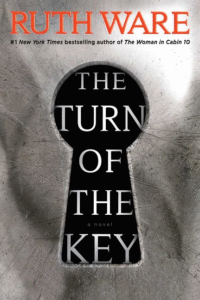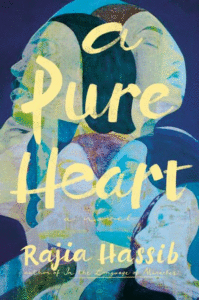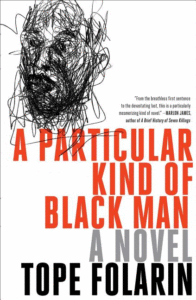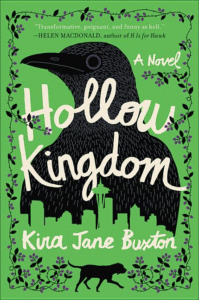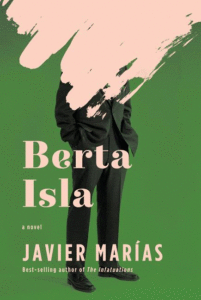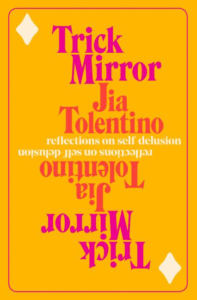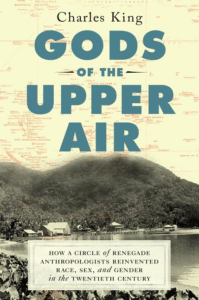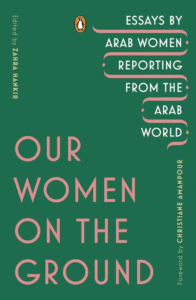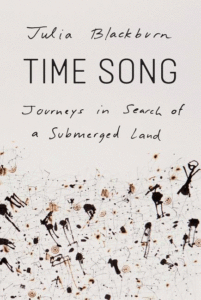Родната куќа на познатиот писател Стале Попов е сместена во близина на една од најпознатите Македонски цркви – Св. Илија, во веќе иселеното Мариовско село Мелница.
И самата во очајна состојба, оваа куќа претставува единствен показател за некогашниот живот во ова село.

 Стале Попов (25 мај 1902 – 10 март 1965) бил македонски раскажувач и романсиер. Роден е во селото Мелница, Мариово. Произлегува од селска средина. Неговите стари, по традиција, биле земјоделци, но меѓу нив имало и школувани. Уште како дете бил сведок на тешкиот живот на своите соселани, кои живееле ропски живот под турските аги и бегови како обесправена раја. Неговите биле малку поимотни и културно поиздигнати, зашто од нив имало и свештеници. Основно образование завршил во с. Витолиште (Мариовско). Започнал да учи гимназија во Прилеп, а завршил богословија во Битола и Теолошки факултет во Белград. Сепак, тој никогаш не се запопил, а пред Втората светска војна работел како земјоделец, дрвар, овчар, трговец, бакал, службеник во тогашната Народна скупштина, општински чиновник, шумар, тутунски работник.
Стале Попов (25 мај 1902 – 10 март 1965) бил македонски раскажувач и романсиер. Роден е во селото Мелница, Мариово. Произлегува од селска средина. Неговите стари, по традиција, биле земјоделци, но меѓу нив имало и школувани. Уште како дете бил сведок на тешкиот живот на своите соселани, кои живееле ропски живот под турските аги и бегови како обесправена раја. Неговите биле малку поимотни и културно поиздигнати, зашто од нив имало и свештеници. Основно образование завршил во с. Витолиште (Мариовско). Започнал да учи гимназија во Прилеп, а завршил богословија во Битола и Теолошки факултет во Белград. Сепак, тој никогаш не се запопил, а пред Втората светска војна работел како земјоделец, дрвар, овчар, трговец, бакал, службеник во тогашната Народна скупштина, општински чиновник, шумар, тутунски работник.Во текот на НОБ го помагал партизанското движење, додека за време на бугарската окупација на Македонија бил интерниран во Неврокопско (Бугарија). По ослободувањето на земјата Стале Попов станува претседател на Околискиот народен одбор во Прилеп, потоа работи како управник на Шумската дирекција, за на крај, се до пензионирањето, да и се посвети на педагошката дејност како професор по македонски јазик во Прилеп и Скопје. Починал во Скопје на 10 март 1965 година.
Творештво
Стале Попов започнал многу рано да пишува, но како писател се оформил непосредно по ослободувањето. Првите раскази “Мице Касапче” и “Петре Андов” ги објавил во списанието “Современост”. Вистинска литературна афирмација доживеал со својот прв роман “Крпен живот” (1953). Веднаш потоа напишал цела серија свои дела и станал еден од најплодните романсиери и раскажувачи на нашата македонска литература. Следната година го издал вториот дел од “Крпен живот”, како и “Опасна печалба” (1954). Две години подоцна го објавил романот “Толе Паша”, а потоа и “Калеш Анѓа” (1958), “Дилбер Стана” (1958), “Мариовскиот панаѓур” (1961), “Мариовски раскази” и “Итар Пејо” (раскази). Во ракопис оставил богато литературно наследство од необјавена проза (раскази и романи). “Шаќир војвода” (роман), “Необично дете” (роман), “Доктор Орешкоски” (роман) и две збирки раскази.
itarpejo.org
itarpejo.org
Родната куќа на Стале Попов, с. Мелница,Мариово
abvedit
петак, 6. септембар 2019.






